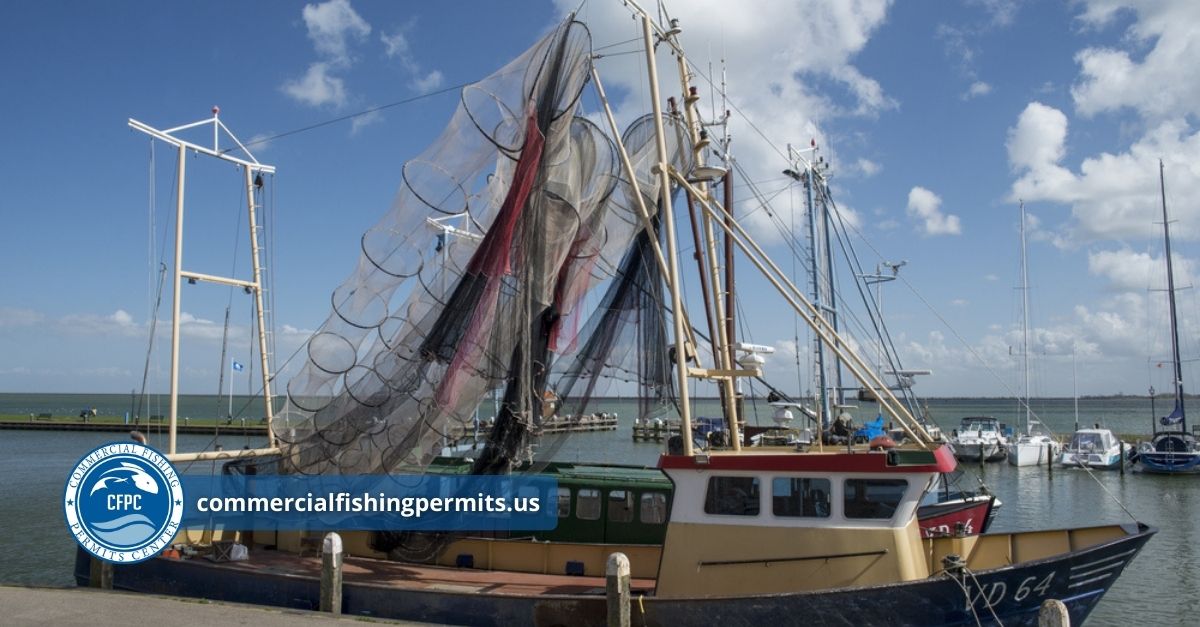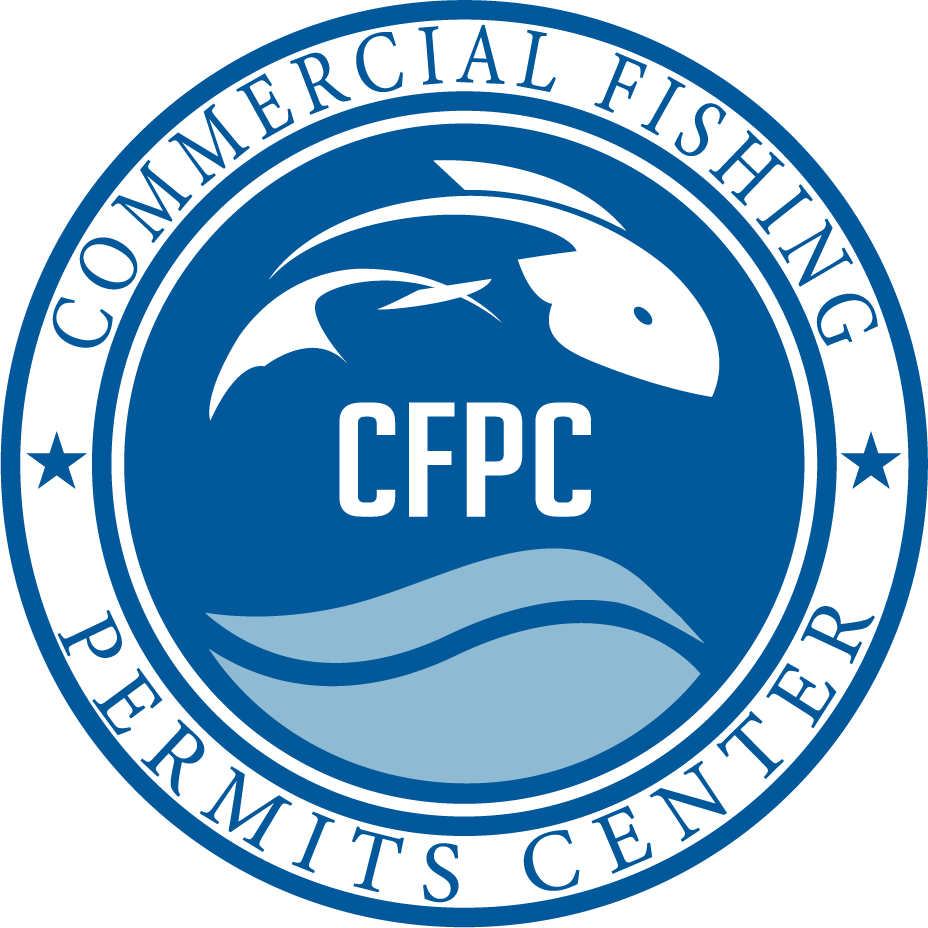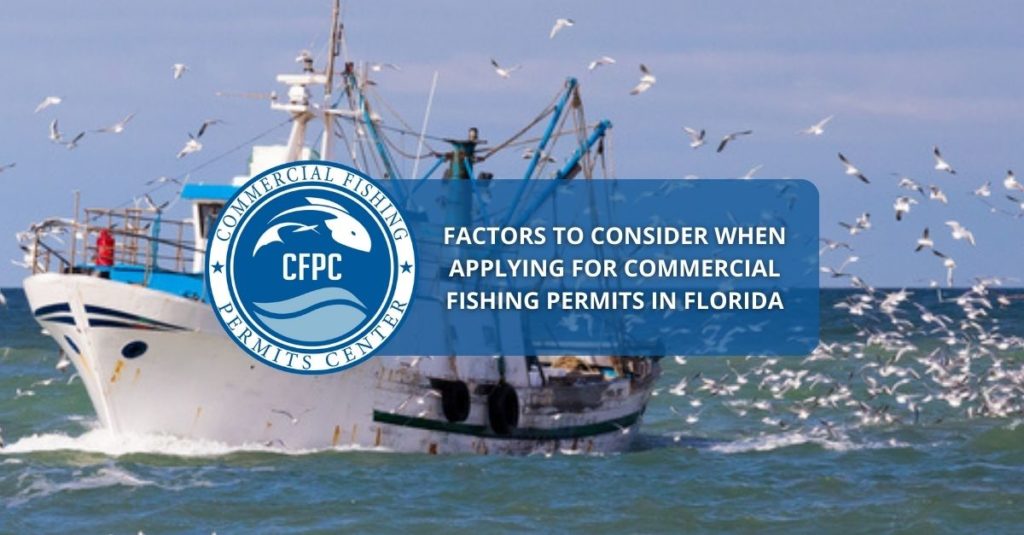Fishing is a significant industry in Florida that generates billions of dollars annually. As such, it is highly regulated to ensure the sustainability of the fishing species and the environment. If you are a professional fisherman or a fisher business planning to operate in Florida, you will need a commercial fishing permit. However, obtaining a permit in Florida can be complex and time-consuming. In this blog, we delve into some of the essential factors that you need to consider before applying for commercial fishing permit in Florida.
Check the Eligibility Requirements
Before you commence preparing your commercial fishing permit application, you need to ensure that you meet all the eligibility requirements. The first thing to check is whether you qualify under the fishery management plan governing the species you intend to harvest. Additionally, you need to meet the age and residency requirements and provide valid identification, including a Social Security number or immigrant registration number. Some permits may also require you to be licensed by the Florida Fish and Wildlife Conservation Commission.
Determine the Type of Permit Required
Commercial fishing permits are not generic. Each category of fish species requires a different permit. Therefore, you need to ascertain the species of fish you want to harvest and apply for the appropriate permit. Some species require specific permits, such as aquaculture licenses for fish farms. Other permits include tuna, shrimp, and lobster, among others. Fishing without the appropriate license or permit attracts hefty fines and even imprisonment.
Understand the Permitting Process
The Florida permitting process is strict and time-consuming. You need to fill out the application form correctly and attach all the required documents. The next step involves submitting the application to the appropriate office, which may be at the state, federal, or local level. The review process can take several weeks or even months. You may need to provide additional information or even appear in person for an interview.
Comply with the Regulations
Once you obtain your commercial fishing permit, you need to comply with all the regulations governing the species you are harvesting. Regulations include the fishing equipment you can use, the minimum sizes of fish allowed, the total allowable catch, and the fishing seasons. You may need to install GPS trackers on your vessel, and some species may require daily catch reports or logbooks.
The Cost of the Permit
Commercial fishing permits in Florida can be expensive, and the prices vary depending on the species. Some permits come with federal fees, which add to the total cost. Additionally, you may need to pay monthly or quarterly fees to maintain your permit’s validity. Therefore, it is essential to consider the cost of the permit vis-à-vis your potential earnings.

Commercial Fishing Permits in Florida for Your Business
Obtaining a commercial fishing permit in Florida is no mean feat, but the rewards of a well-managed fishery are immeasurable. You need to consider several factors before applying, including ensuring you meet the eligibility criteria, obtaining the correct permit for the fish species, comprehending the permitting process, complying with the regulations, and considering the cost of the permit. With a valid commercial fishing permit, you can operate legally and sustainably, maximizing the fishery’s income while preserving the environment and the fish species.


No Comments
Be the first to start a conversation